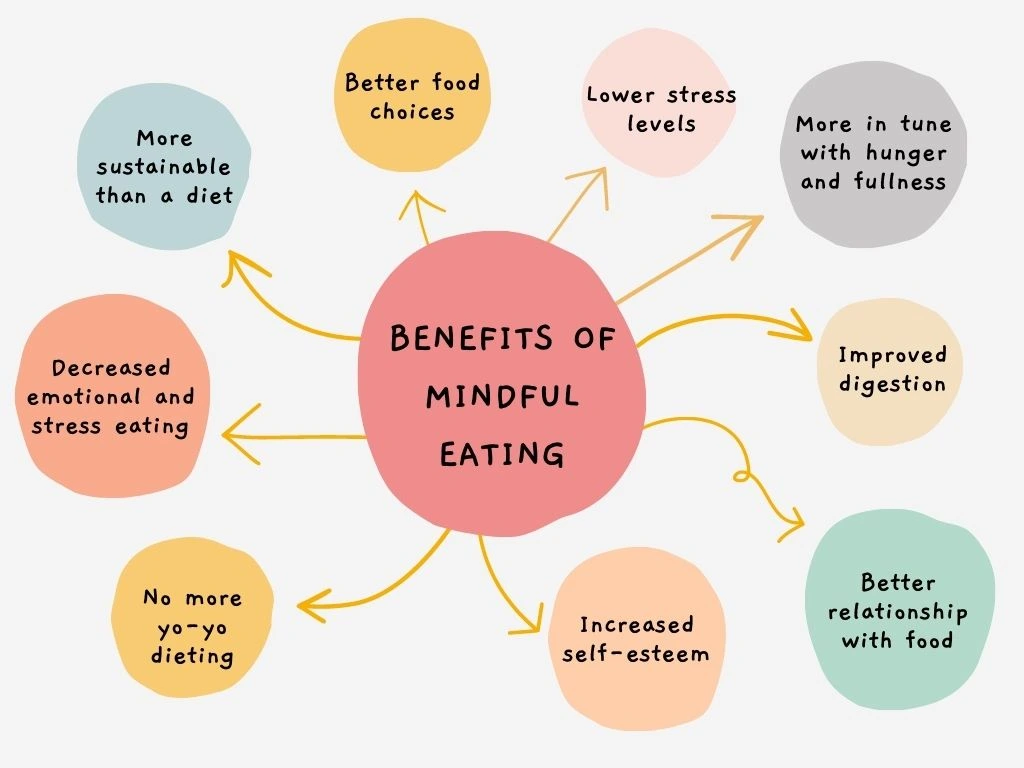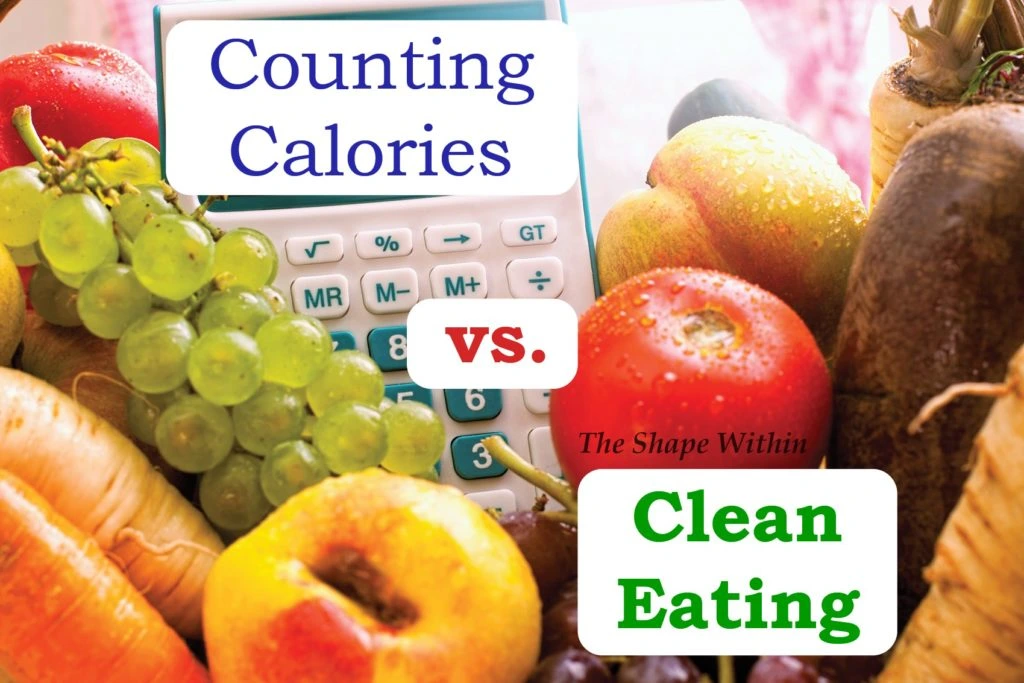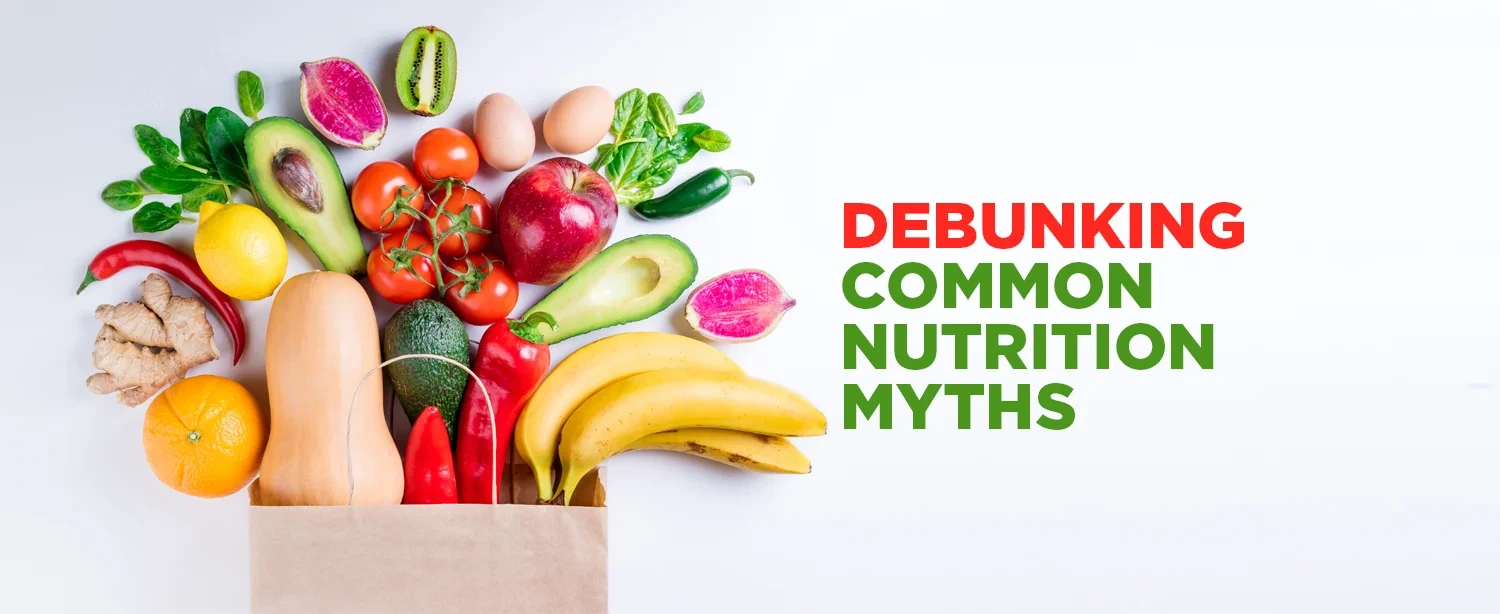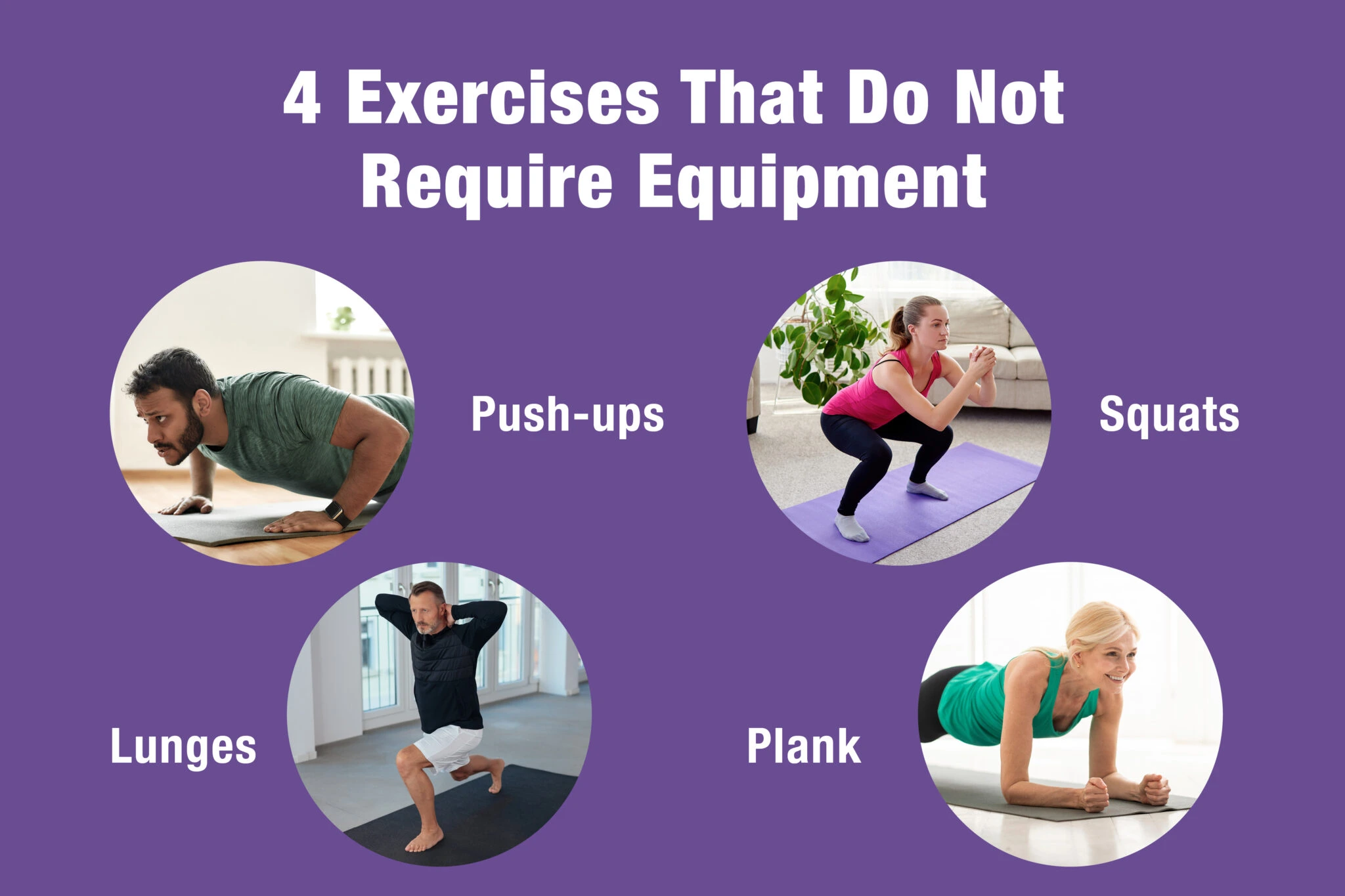In a world full of distractions, eating often becomes a rushed task rather than a nourishing experience. Mindful eating invites us to slow down and truly engage with our meals, benefiting both body and mind. This practice isn’t just about what we eat but how we eat. Let’s explore the transformative power of mindful eating and how it can improve your nutrition and relationship with food.
What is Mindful Eating?
Mindful eating is the practice of being fully present while eating. It’s about savoring each bite, recognizing hunger and fullness cues, and fostering a positive relationship with food. This practice has roots in mindfulness, a meditative approach focused on awareness and living in the moment.
Why Mindful Eating Matters
Mindful eating isn’t a diet. It’s a sustainable, thoughtful way to approach food. By focusing on the act of eating, we naturally make healthier choices, eat less, and enjoy our meals more. Here’s why it’s worth considering:
- Improved Digestion: Eating slowly and chewing thoroughly supports better digestion.
- Weight Management: Awareness of hunger cues prevents overeating.
- Reduced Stress Around Food: Mindful eating can help break cycles of emotional eating.
How to Practice Mindful Eating
Mindful eating doesn’t require special tools or environments. It simply asks you to shift your focus.
- Start with Gratitude: Take a moment to appreciate your meal. Where did it come from? Who prepared it?
- Engage Your Senses: Notice the colors, textures, and smells before taking a bite.
- Chew Slowly: Chewing thoroughly not only aids digestion but also allows your brain to register fullness.
- Eliminate Distractions: Turn off screens and focus solely on your meal.
Personal Insights on Mindful Eating
I remember my first attempt at mindful eating during a chaotic week. Sitting down to a simple salad, I turned off my phone, closed my laptop, and just focused on the meal. The experience was transformative. The crunch of the vegetables, the tang of the dressing—everything was amplified. I left the table not just full but genuinely satisfied.
Mindful Eating and Balanced Nutrition
By embracing mindful eating, we naturally gravitate toward balanced nutrition. When we’re in tune with our body, we’re more likely to choose nourishing foods over empty calories.
- Hydration Matters: Many confuse thirst with hunger. Mindfulness helps distinguish between the two.
- Portion Control: Listening to fullness cues can prevent overeating.
- Choosing Quality Over Quantity: You’ll find yourself reaching for whole, nutrient-dense foods.
Practical Tips for Mindful Eating
- Set a Timer: Spend at least 20 minutes on each meal.
- Use Smaller Plates: Smaller portions naturally encourage mindful consumption.
- Keep a Journal: Reflect on how your body feels after eating mindfully.
Common Challenges and How to Overcome Them
Transitioning to mindful eating isn’t always seamless. Distractions and habits can make it tricky, but it’s worth the effort.
Challenge: Eating on the Go
- Solution: Pack meals that require you to sit and use utensils.
Challenge: Emotional Eating
- Solution: Pause and identify your feelings before reaching for food.
Real-Life Example: A Friend’s Story
A close friend of mine struggled with late-night snacking. After introducing her to mindful eating, she began to recognize patterns of boredom rather than hunger driving her choices. Over time, she replaced mindless munching with herbal tea and saw significant improvements in her health and energy.
Mindful Eating for Families
Encouraging mindfulness at the dinner table can also strengthen family bonds. Simple rituals like expressing gratitude for the meal or discussing the day can make mealtime more meaningful.
The Long-Term Impact of Mindful Eating
Mindful eating isn’t just about immediate benefits—it’s a lifestyle change. Over time, it can improve your relationship with food, foster better eating habits, and support a healthier, more fulfilling life.








